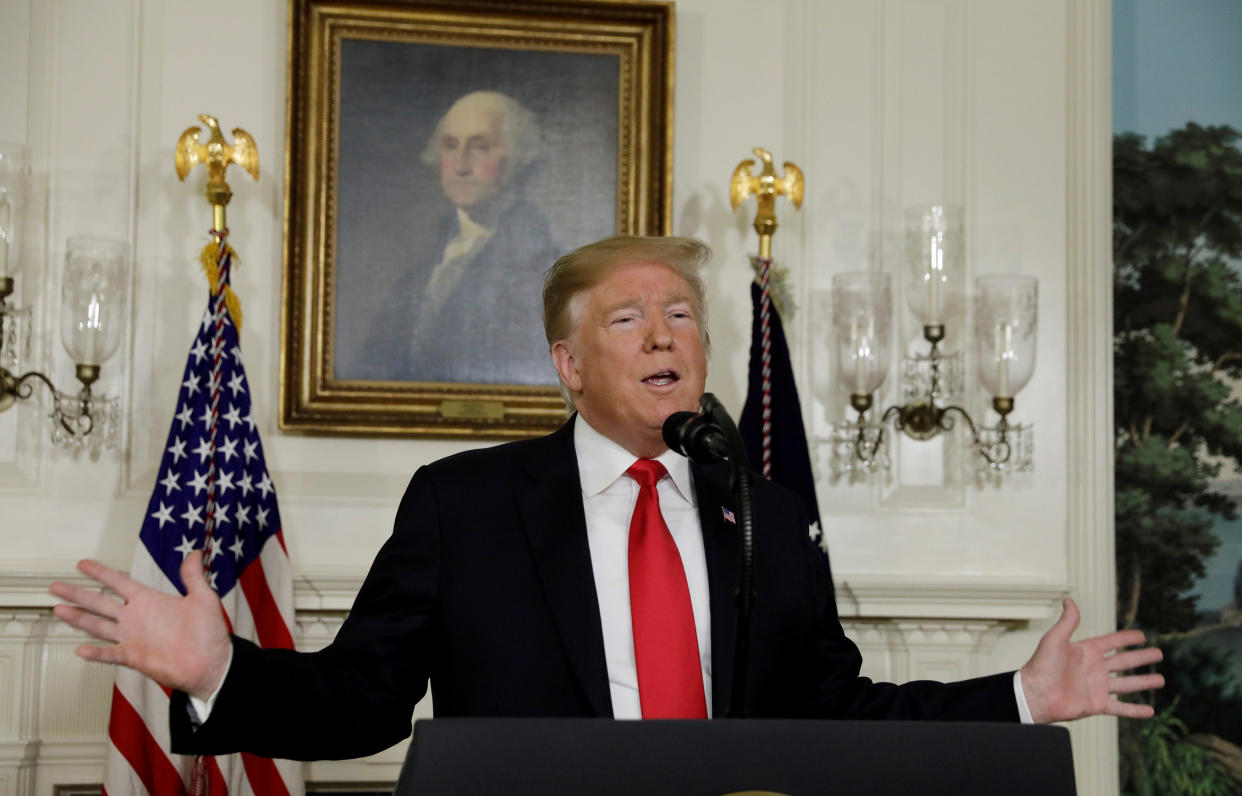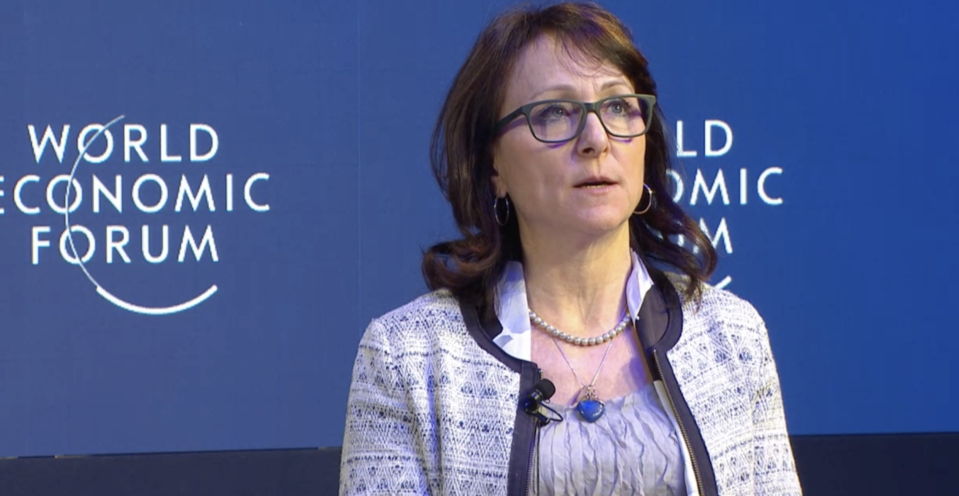The problem isn't Trump's global order disruption, it's lack of strategy for replacing the system

One thing is certain with Donald Trump — he’s a disruptor. From trade deals, to defence and security measures, his mandates have had a huge impact on the world.
But speaking on a panel at the World Economic Forum in Davos, Karin von Hippel, director-general, Royal United Services Institute for Defence and Security Studies, explained that his hunger for disruptions isn’t the issue — it’s the lack of a strategy to replace old systems.
“The challenge Trump has posed to the global order is disruptive. Most of us think the system could use shaking up because we’ve been dealing with some very stale institutions and systems that haven’t been challenged,” said von Hippel in a panel discussion entitled The Geopolitical Agenda.
“But if you are going to challenge the system, you need a strategic plan to implement something in its place. I think he’s been more focused on disrupting, but I don’t think [there has been] a strategy to put in place [something else] instead.”

Von Hippel uses the example of how Trump’s administration sent 59 Tomahawk missiles into Syria, which “wasn’t followed up by any meaningful diplomatic push.” She said to the other panellists that it’s for this reason that even when it comes to trade, “there doesn’t seem to be a plan.”
In a note today from Nomura, Lewis Alexander, chief US economist at the investment back highlighted how the lack of resolution around another huge disruption — the government shutdown over the argument over the border wall funding. Alexander said Trump’s speech does little to advance resolution.
On the same panel, Yoichi Funabashi, chairman of the Asia Pacific Initiative, said the biggest risk for Japan “remains to be Trump’s presidency” and there’s a heightened risk that North Korea will be used as a “bargaining chip” in US-China trade talks.
“President Trump has insinuated that tariffs and numerical targets on autos and auto parts might soon be coming if he doesn’t get his way,” he said.
“And if it does happen it could destabilise the relationship between Japan and the US. Also Trump’s aversion and hostility to multilateralism is very much dangerous. For the past 30-40 years, Japan has benefited greatly from the international order and free trade. If that multilateralism further unravels, that would have serious ramifications for Asia.”
READ MORE: ‘There’s a risk North Korea will be used as a bargaining chip in US-China trade talks’



